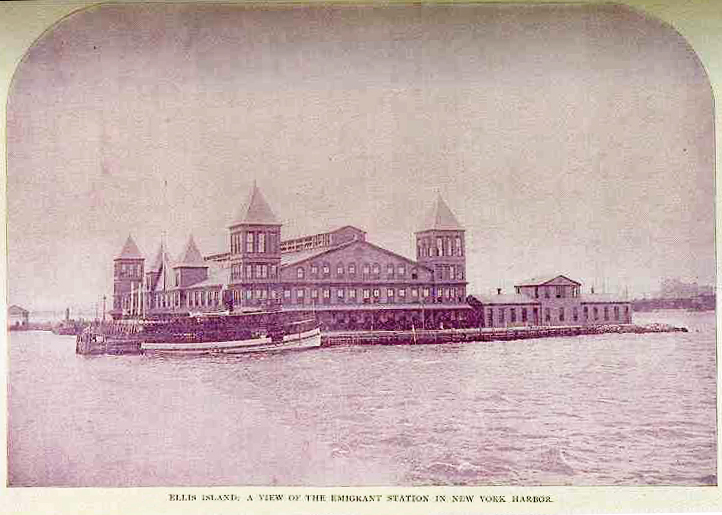The History of Surnames: Understanding Spelling Variations
From medieval records to modern registries, surnames have undergone countless spelling variations. Understanding these changes can unlock the history behind your family name and its associated coat of arms.
How Surnames Have Changed Over Time
Surnames, or family names, have a long and dynamic history. In the Middle Ages, surnames were often changed frequently. Unlike today, there were no requirements for a name to remain consistent throughout a person's lifetime. This fluidity means that many modern surnames do not appear in historical records until the 17th or 18th centuries. For example, when the Bourers of Sussex moved to Kent in the 1600s, their surname changed to Bowra1.
Even famous historical figures often spelled their own names in multiple ways. William Shakespeare, for instance, used variations such as Shakespeare, Shakespere, Shakespear, Shakspere, and Shaxspere².
Insight from Historical Records
A look at early documents, such as the Domesday Book, reveals the dramatic transformations surnames have undergone. It is rare to see the modern spelling of a name in the 11th-century record.1
"Variants of family names are extraordinary in number. The Mannerings of Cheshire are said to have 137 different ways of spelling the name in the their archives. I think it was Mr. Chaloner Smith who found over 400 variations of Cushion in old wills, &c."[3]
During the 11th and 12th centuries, names were often Latinized in official records. For example, the surname Fulford could appear as de Turpi Vado. Between the 12th and 15th centuries, surnames often reflected the father's name, place names, or even personal nicknames. Examples include Ralph de Cheurolcurt and Adam de Sutton, called "Ballard". By the 15th century, elaborate variations became less common, but surnames continued to evolve well into the 17th century.1
Surname Changes During Migration
Many surnames were altered when families migrated, particularly to the Americas. Immigrants often simplified or Anglicized their names for easier pronunciation and record-keeping. For example, Schneider became Snider, and Schröder often became Schroeder or Schroder.5
Passenger lists were handwritten and prone to transcription errors, so modern researchs must account for multiple spellings of the same surname. As Filby notes,
“It should be remembered that names of emigrants were often recorded as they were heard, that many emigrants could not spell their own names, and that authorities were not as literate as one would wish. Thus variations in spelling of names occur, and members of the same family arriving at different times or places may be found under more than one spelling. In using the PILI [Passenger and Immigration Lists Index], the researcher should search for every conceivable spelling of the name sought.” [5]
Surnames and Coats of Arms
Just as surnames evolved over centuries, often taking many different spellings, the coats of arms tied to those names reflect a shared heritage. Our coats of arms are inspired by the history of your family name, offering a meaningful way to celebrate your identity and explore its story. Whether your surname has one spelling or many, these researched designs help you connect with the generations who carried it before you. Together, a surname's evolution and its coats of arms tell the story of the name - its origins, variations, and the families who carried it forward.
See Also
References
- ^ Reaney, P. H., and R. M. Wilson. A Dictionary of English Surnames. London: Routledge, 1991. Print.
- ^ "File:Shakespeare Droeshout 1623.jpg." Wikimedia Commons, the free media repository. 6 Oct 2019, 21:52 UTC. https://commons.wikimedia.org/w/index.php?title=File:Shakespeare_Droeshout_1623.jpg&oldid=369625744
- ^ Bardsley, C. W. A Dictionary of English and Welsh Surnames: With Special American Instances. Wiltshire: Heraldry Today, 1901. Print.
- ^ "File:Domesday book--w.jpg." Wikimedia Commons, the free media repository. 4 Oct 2015, 20:56 UTC.https://commons.wikimedia.org/w/index.php?title=File:Domesday_book--w.jpg&oldid=174427048
- ^ Filby, P. William, and Mary K. Meyer. Passenger and Immigration Lists Index in Four Volumes. Detroit: Gale Research, 1985. Print.
- ^ "File:Ellis Island First Bldg Burnt 15-June-1897.jpg." Wikimedia Commons, the free media repository. 5 Nov 2014, 06:35 UTC.https://commons.wikimedia.org/w/index.php?title=File:Ellis_Island_First_Bldg_Burnt_15-June-1897.jpg&oldid=138672616
- ^ Swyrich, Archive materials


